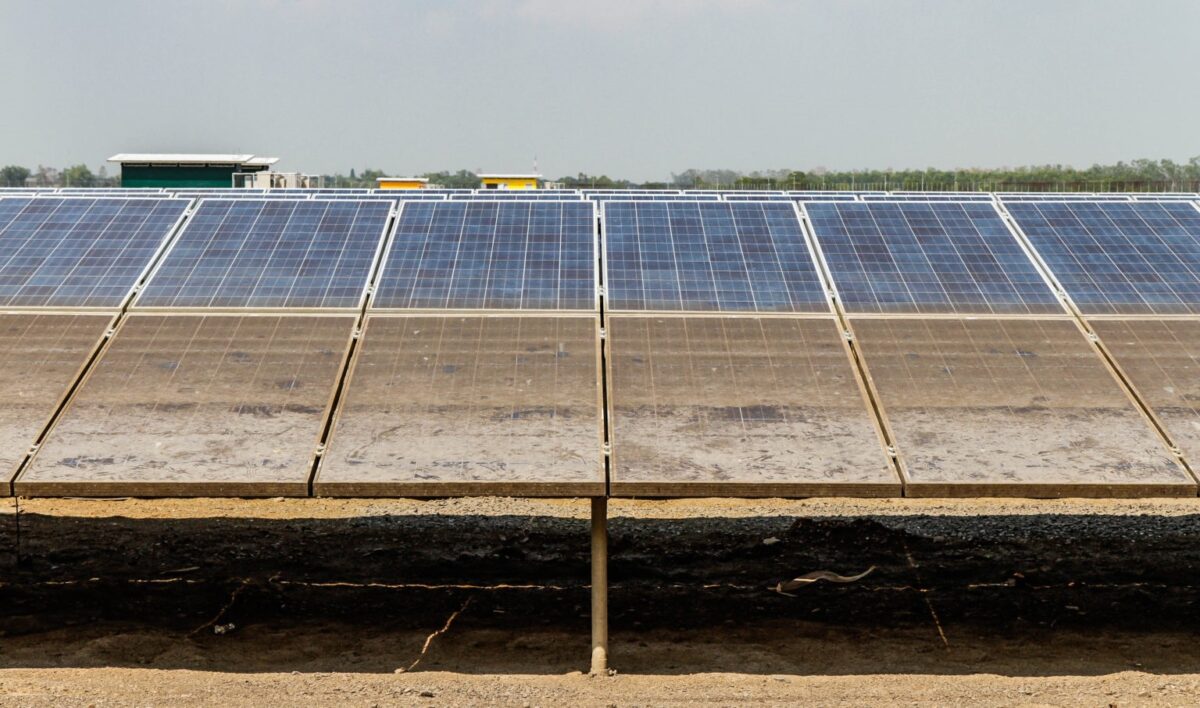More than 25% of Australia’s energy generation currently falls into the three highest climate-risk categories, according to the recently released Climate Risk Index from insurer Zurich and consulting firm Mandala Partners. That figure could grow to 35% by 2050.
Solar, alongside natural gas, is far and away the most vulnerable of all the generation types, the Climate Risk Index noted. It found that for solar, 95% of dedicated sites were in one of the three highest risk categories due to susceptibility to events like storms and hail.
As Zurich APAC CEO Justin Delaney noted, “much of the focus to date has centred on the risk of the energy grid to climate change, rather than on the risk of climate change to the grid.”
But the climate is changing and unfortunately a grid based on renewable generation is vulnerable to these changes. Representatives from AON, Commonwealth Bank, Engie, Energy Estate, PCL, and Nextracker discussed the future-proofing of Australian solar farms at the October All-Energy trade show in Melbourne. There was unanimous consensus among panelists that much more attention needs to be given to future-proofing in light of growing weather risks.

To continue reading, please visit our pv magazine Australia website.
This content is protected by copyright and may not be reused. If you want to cooperate with us and would like to reuse some of our content, please contact: editors@pv-magazine.com.




By submitting this form you agree to pv magazine using your data for the purposes of publishing your comment.
Your personal data will only be disclosed or otherwise transmitted to third parties for the purposes of spam filtering or if this is necessary for technical maintenance of the website. Any other transfer to third parties will not take place unless this is justified on the basis of applicable data protection regulations or if pv magazine is legally obliged to do so.
You may revoke this consent at any time with effect for the future, in which case your personal data will be deleted immediately. Otherwise, your data will be deleted if pv magazine has processed your request or the purpose of data storage is fulfilled.
Further information on data privacy can be found in our Data Protection Policy.